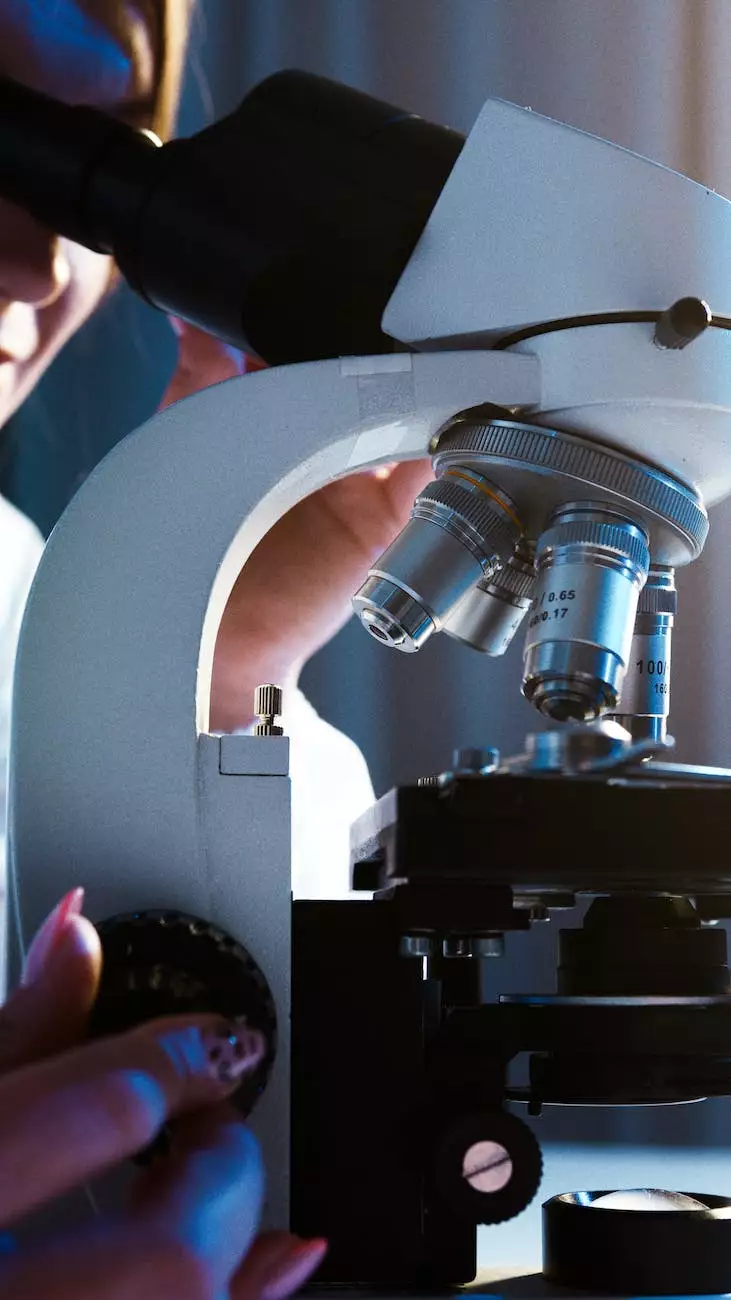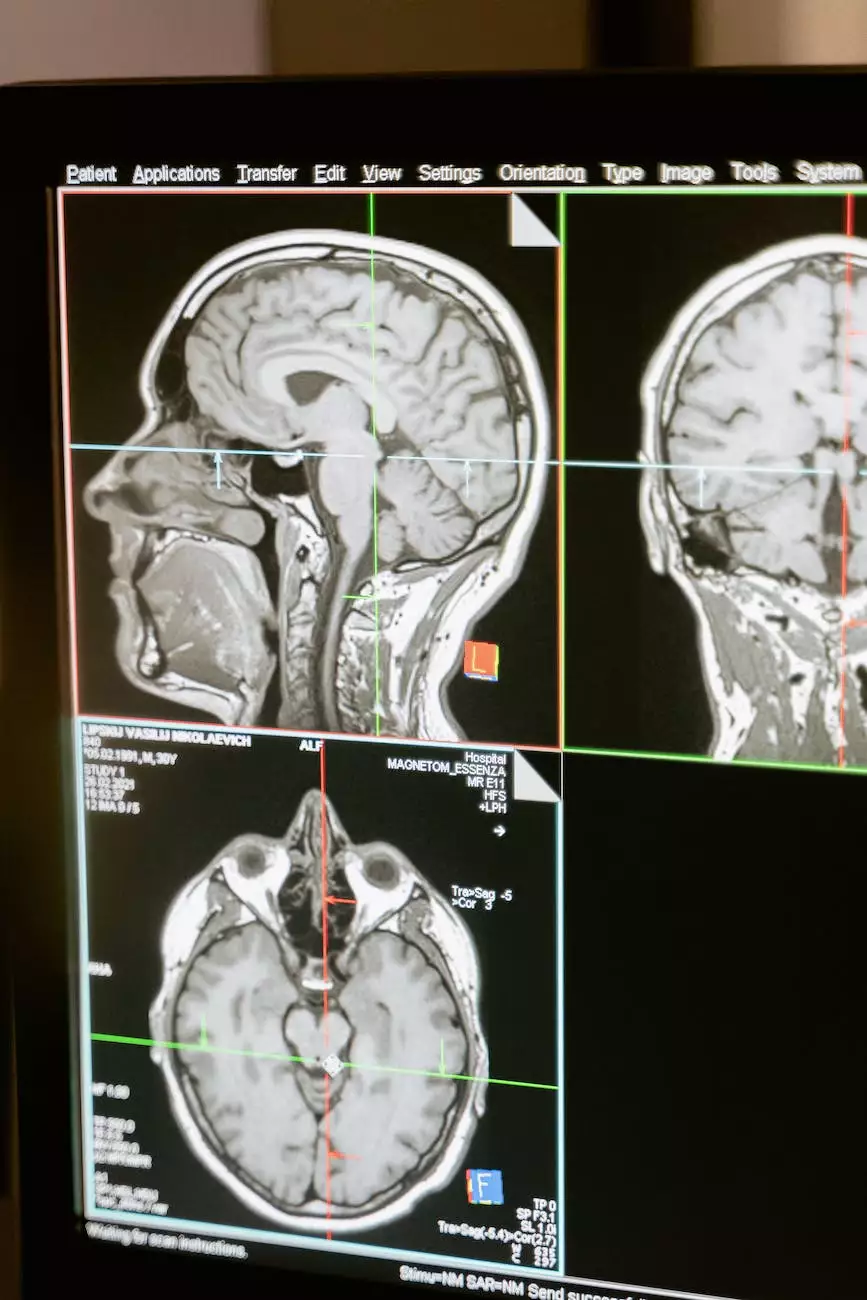Chemo and Nausea: How to Cope
Blog
The Impact of Chemo-Induced Nausea
When undergoing chemotherapy, many patients experience chemo-induced nausea, a distressing side effect that can severely affect their quality of life. Nausea can occur before, during, or after chemotherapy sessions, making it essential to learn effective coping strategies to minimize its impact.
Understanding the Causes of Chemo-Induced Nausea
Chemo-induced nausea is primarily caused by the chemotherapy drugs' effect on the gastrointestinal system and the brain's vomiting center. Various factors contribute to its occurrence, including the specific drugs used, the dosage, the treatment frequency, and an individual's susceptibility.
The Role of Antiemetic Medications
One of the most common approaches to managing chemo-induced nausea is through the use of antiemetic medications. These medications work by blocking neurotransmitters involved in vomiting and can significantly reduce the frequency and intensity of nausea episodes.
Complementary Therapies to Ease Nausea
Besides antiemetic medications, several complementary therapies have shown promise in alleviating chemo-induced nausea. These include:
- Acupuncture: Stimulates specific points on the body to promote relaxation and reduce nausea.
- Ginger: Known for its antiemetic properties, ginger has been used for centuries to ease nausea and digestive discomfort.
- Hypnosis: Works by inducing a state of deep relaxation and redirecting thoughts away from nausea.
- Aromatherapy: Utilizes essential oils with anti-nausea properties, such as peppermint and ginger, to provide relief.
Lifestyle Changes to Minimize Nausea
Adopting certain lifestyle changes can significantly help reduce chemo-induced nausea and enhance well-being throughout the treatment process. Consider the following:
Healthy Eating Habits
Focus on maintaining a balanced diet, rich in nutrients, despite the challenges of nausea. Opt for smaller, more frequent meals and snacks to avoid overwhelming your stomach. Avoid greasy, spicy, and overly sweet foods, as they can exacerbate nausea. Drinking plenty of fluids and staying hydrated is vital, especially when dealing with chemotherapy-induced side effects.
Relaxation Techniques
Managing stress and anxiety is crucial in coping with chemo-induced nausea. Consider practicing relaxation techniques, such as deep breathing exercises, meditation, or progressive muscle relaxation. Engaging in activities like yoga or tai chi can also promote relaxation and contribute to overall well-being.
Seek Support and Share Your Experience
Opening up about your struggles with nausea to friends, family, or a support group can provide a sense of relief and help you find comfort in shared experiences. Connecting with others who understand what you're going through can be immensely beneficial both emotionally and practically, as they may offer valuable insights and coping strategies.
Consulting with Richard Martinez, MD
Richard Martinez, MD, an esteemed healthcare professional specializing in cancer treatment, understands the challenges associated with chemo-induced nausea. With years of experience and a compassionate approach, Dr. Martinez can provide personalized guidance and support tailored to your unique needs.
Personalized Treatment Plans and Strategies
Dr. Martinez will work closely with you to develop a personalized treatment plan that includes effective strategies to minimize nausea. He combines evidence-based medicine with a patient-centered approach, ensuring your well-being remains at the forefront of your cancer treatment journey.
Continual Evaluation and Adjustment
Throughout your treatment, Dr. Martinez will continually assess your progress and adjust the management of chemo-induced nausea as needed. He recognizes that each patient's experience is unique and aims to create a comprehensive care plan that provides the best possible outcome.
Supportive and Compassionate Care
Choosing Richard Martinez, MD, means gaining access to supportive and compassionate care from a dedicated professional who understands the challenges you face. Dr. Martinez and his team prioritize your comfort and well-being, ensuring that you feel heard, respected, and empowered throughout your cancer treatment journey.
Conclusion
Chemo-induced nausea can be incredibly challenging, but by implementing the strategies and tips discussed, you can minimize its impact and enhance your quality of life during treatment. Finding a healthcare professional who specializes in cancer care, such as Richard Martinez, MD, can provide additional guidance and support tailored to your unique needs. Remember, you are not alone in this journey, and there are resources available to help you cope effectively.










